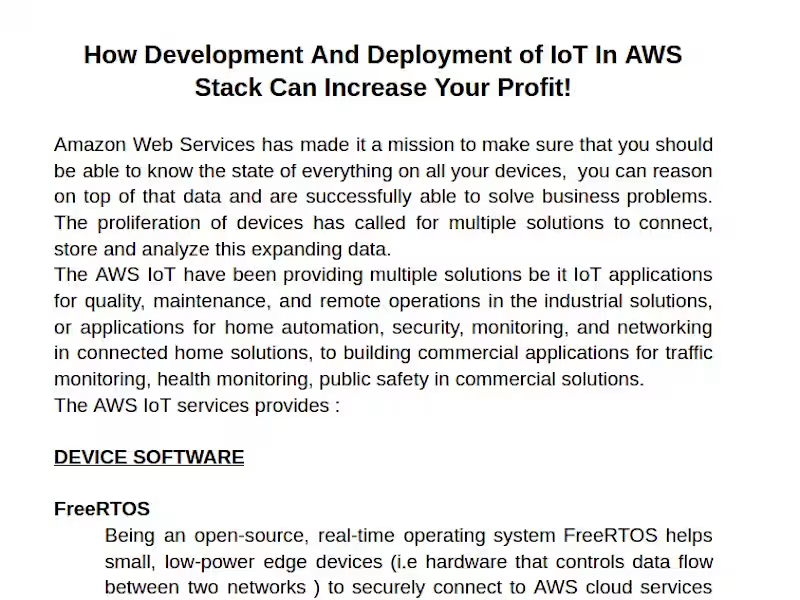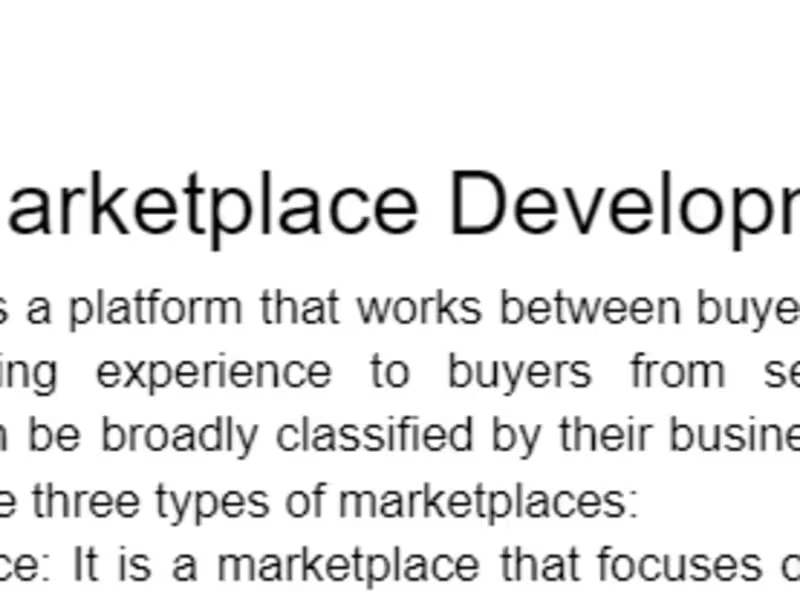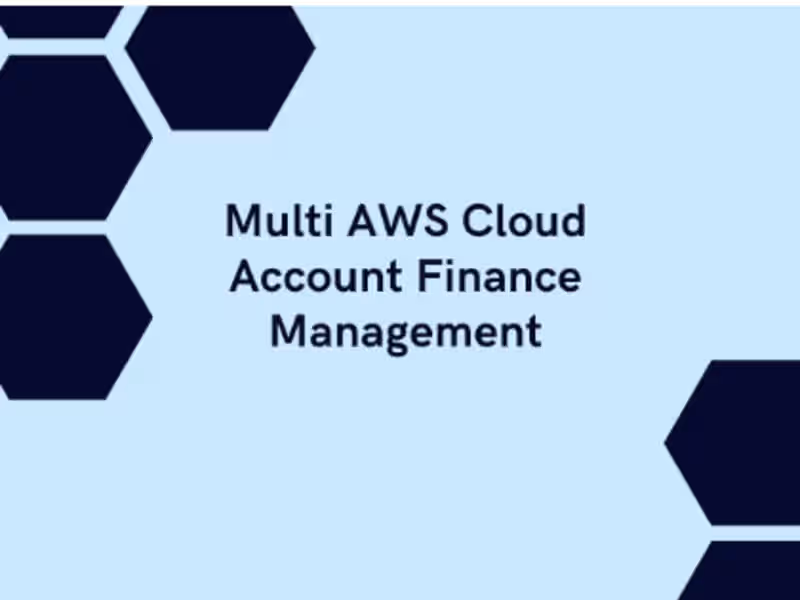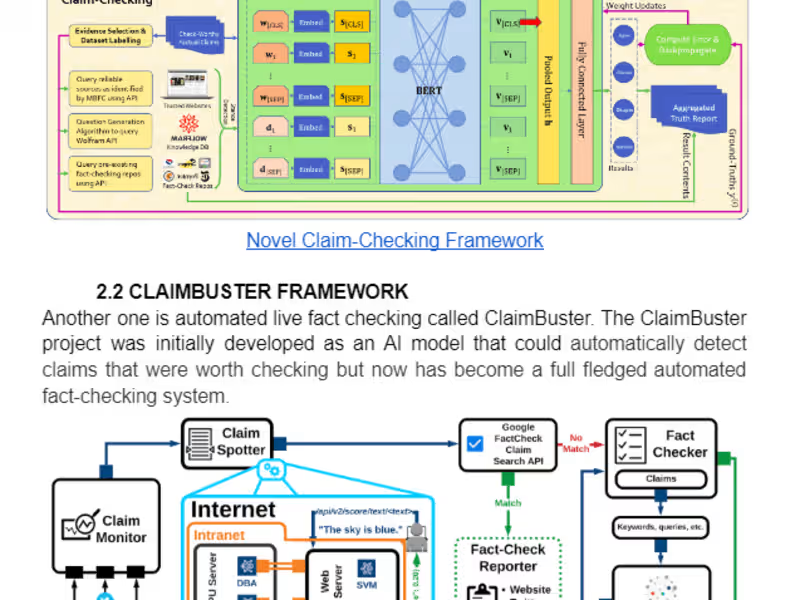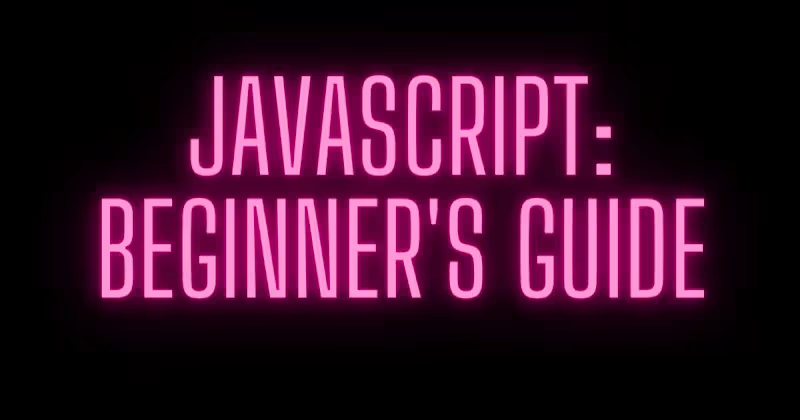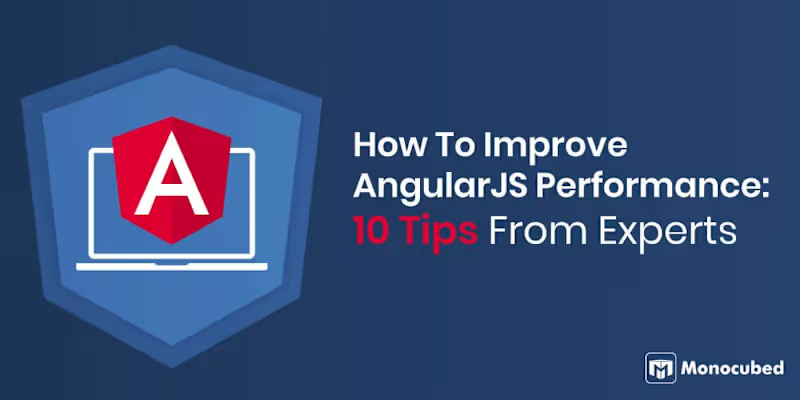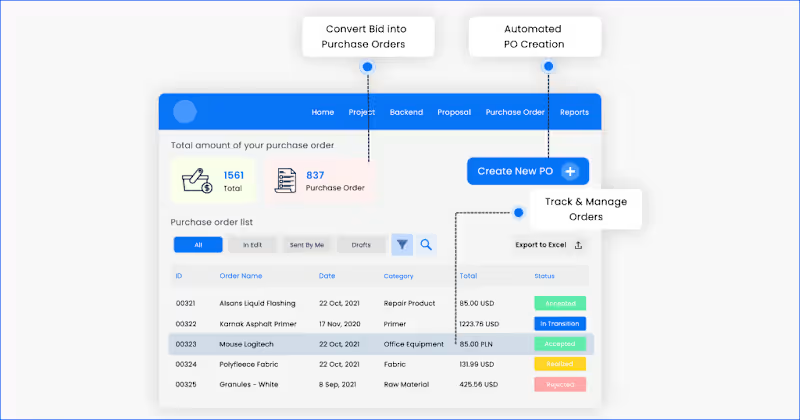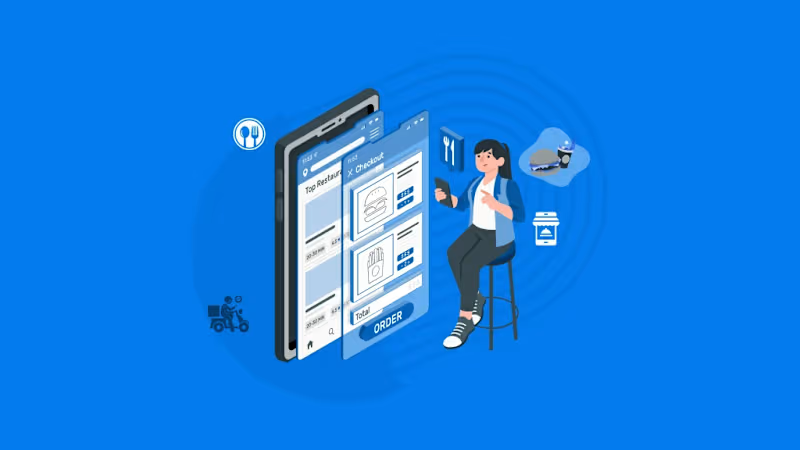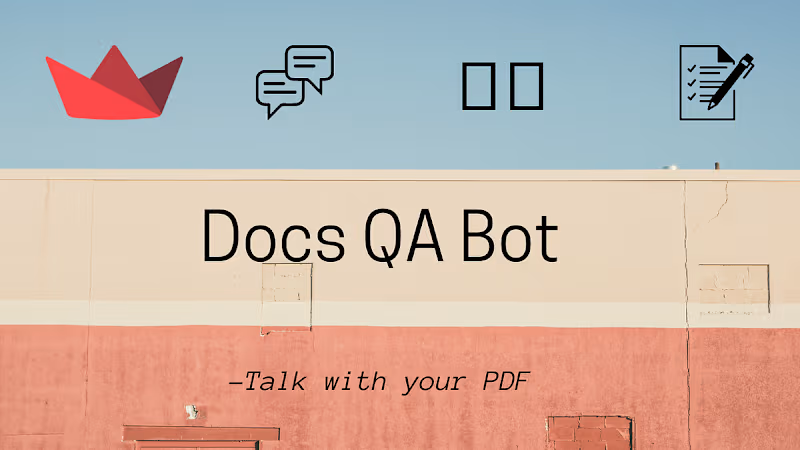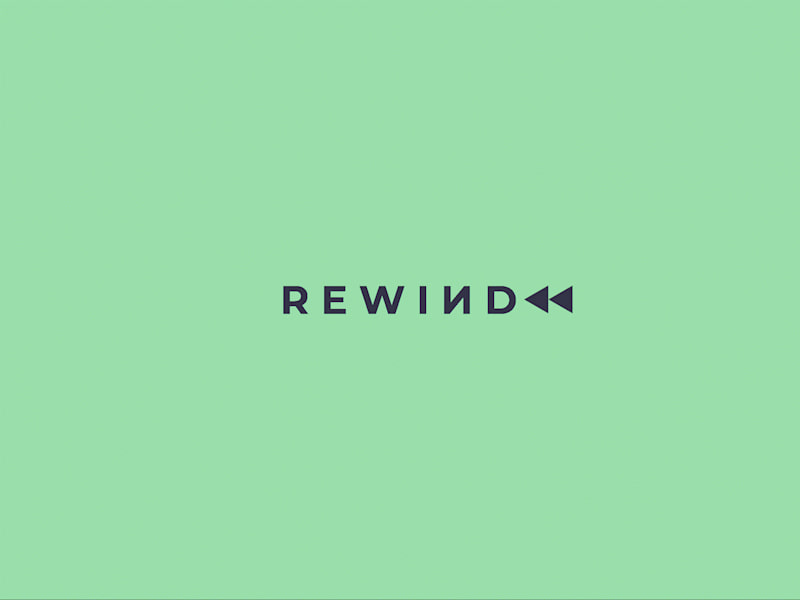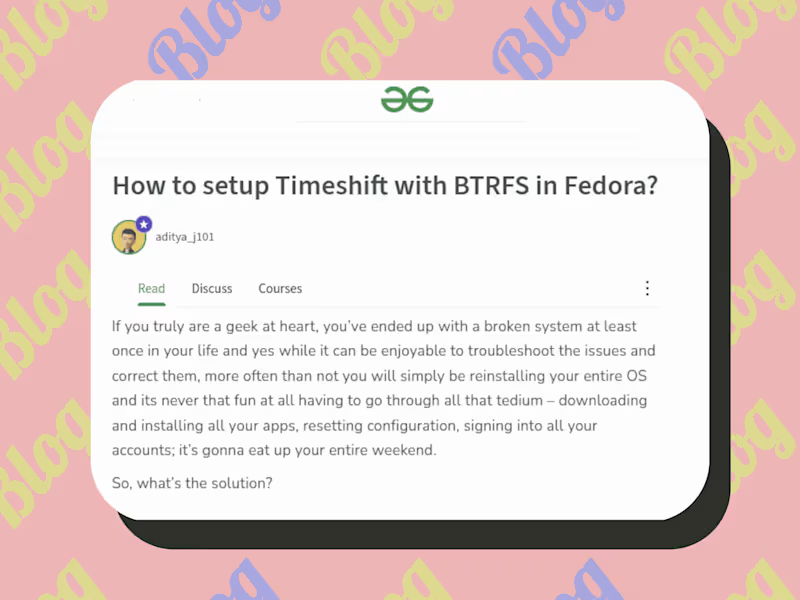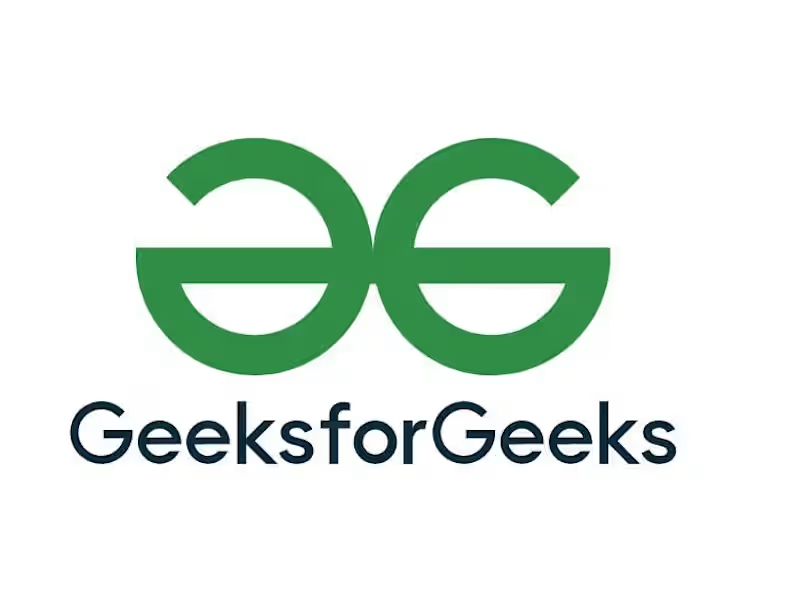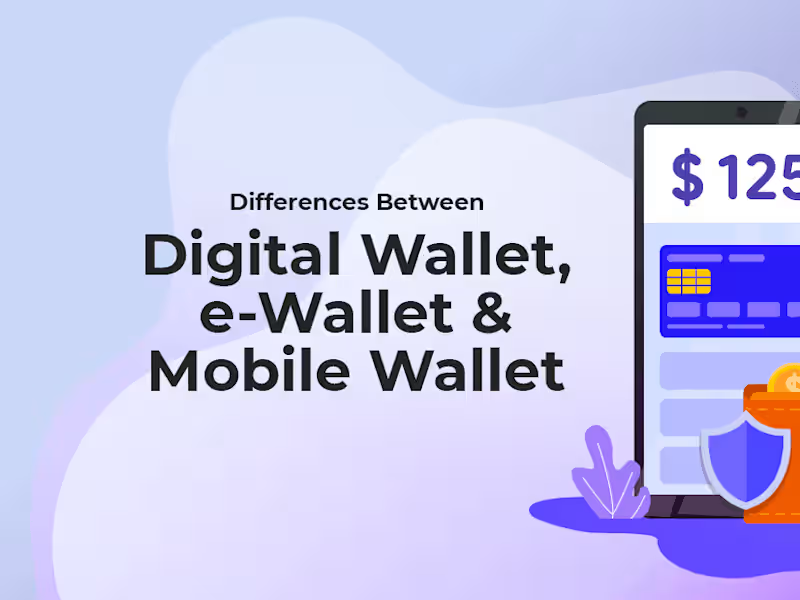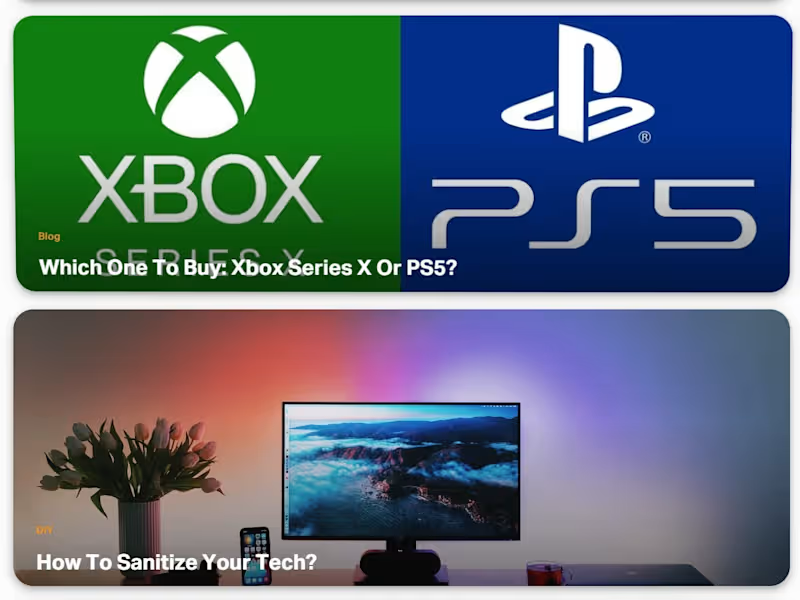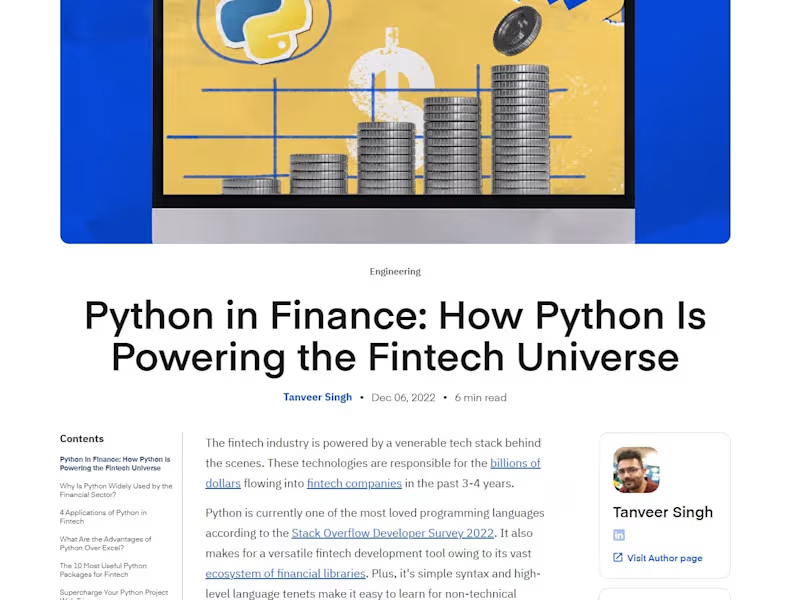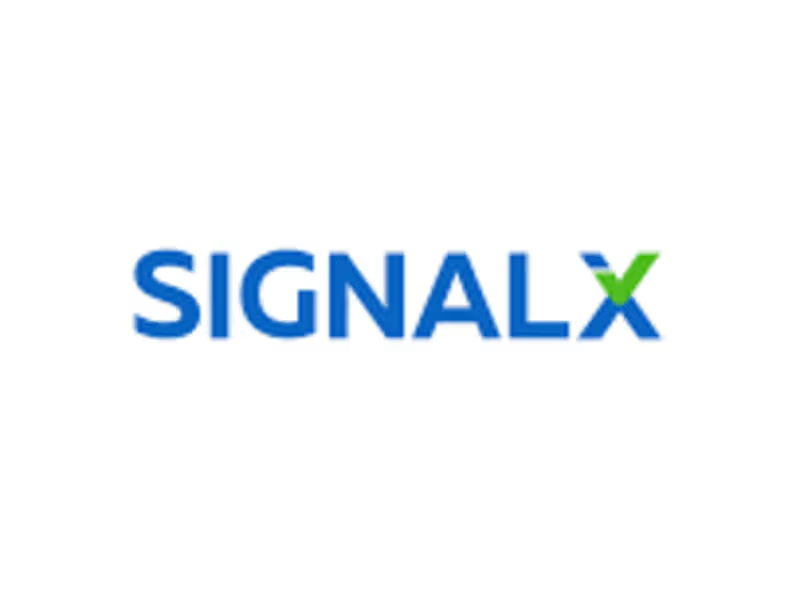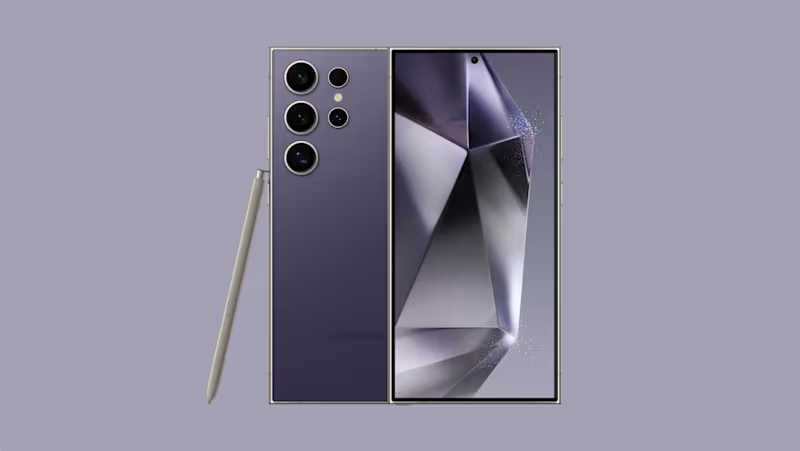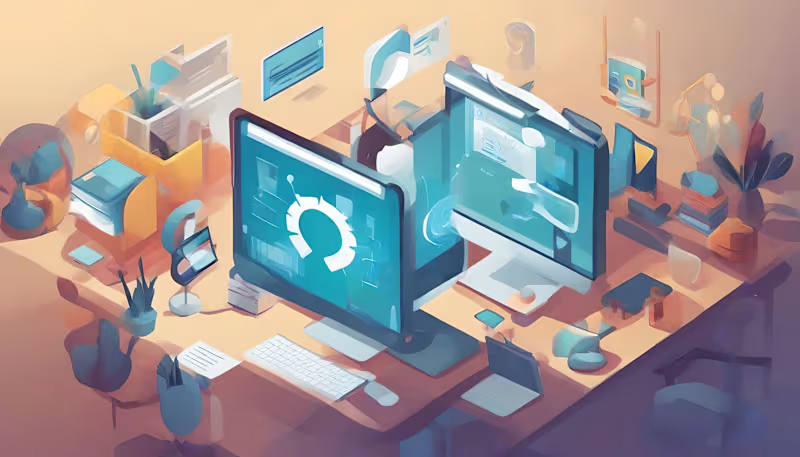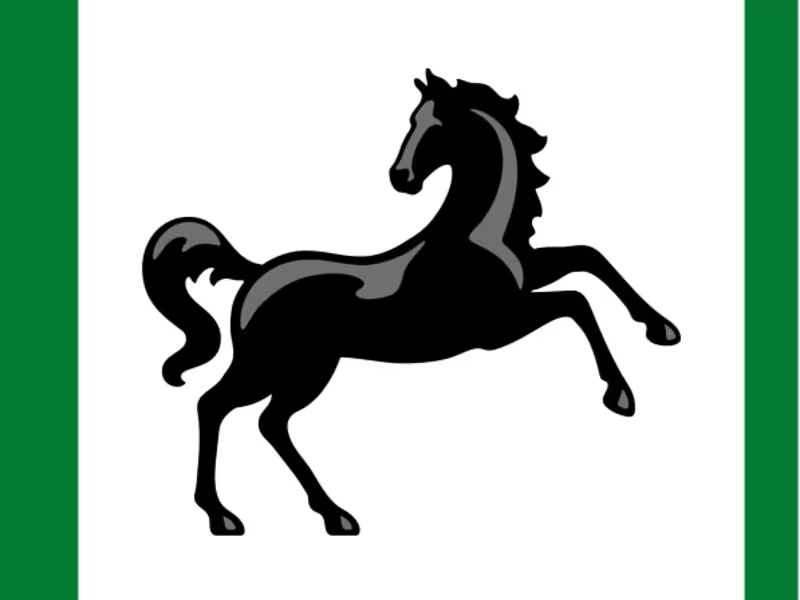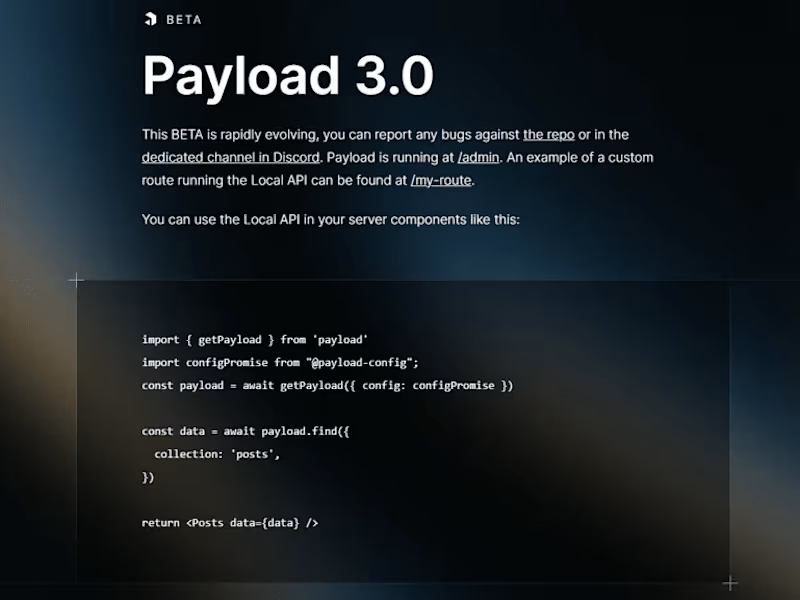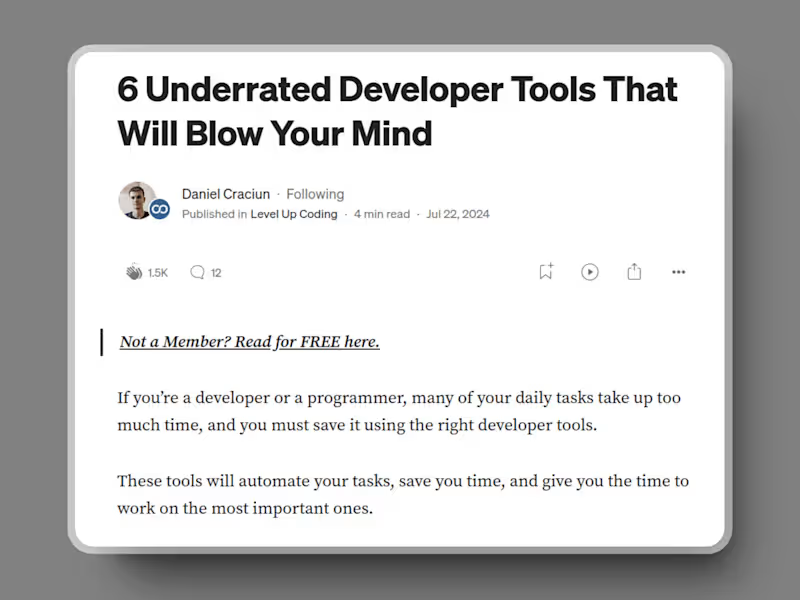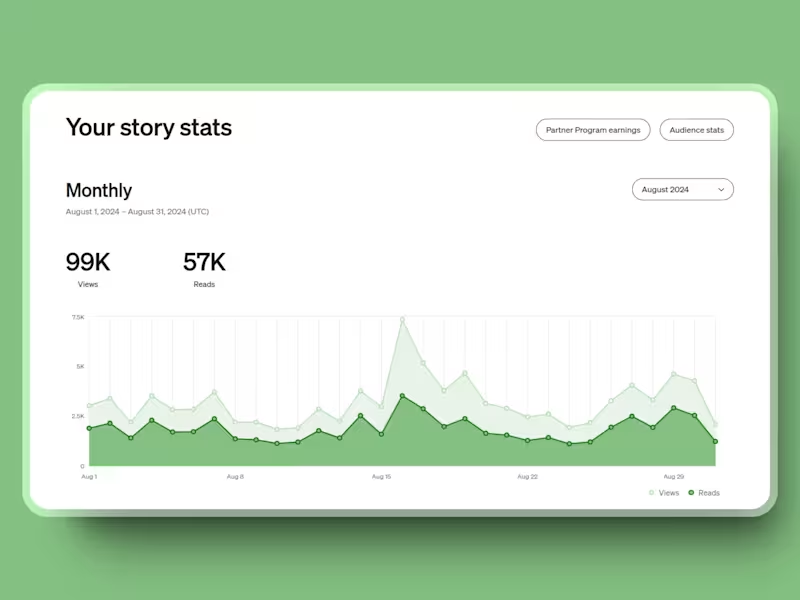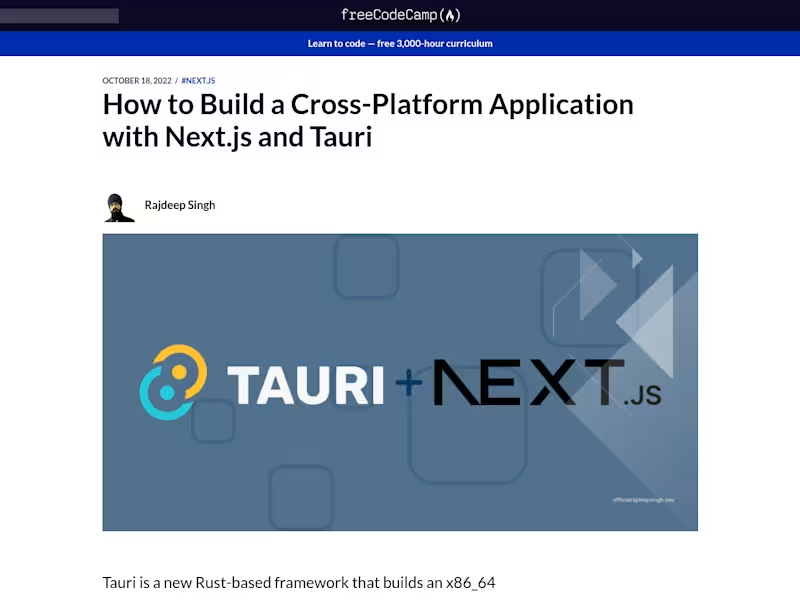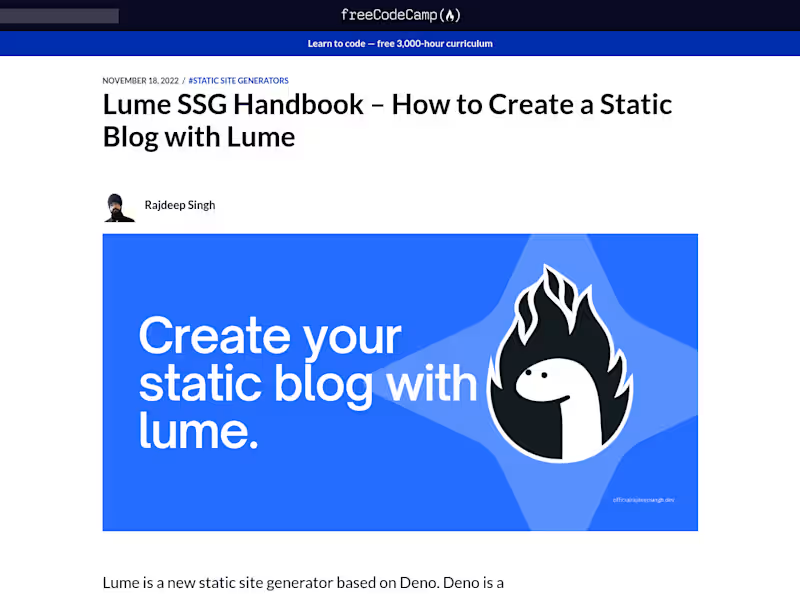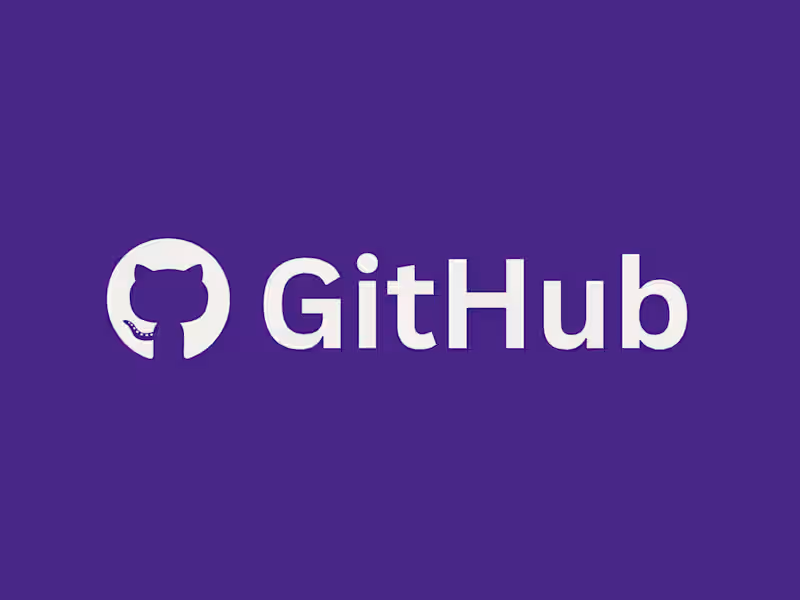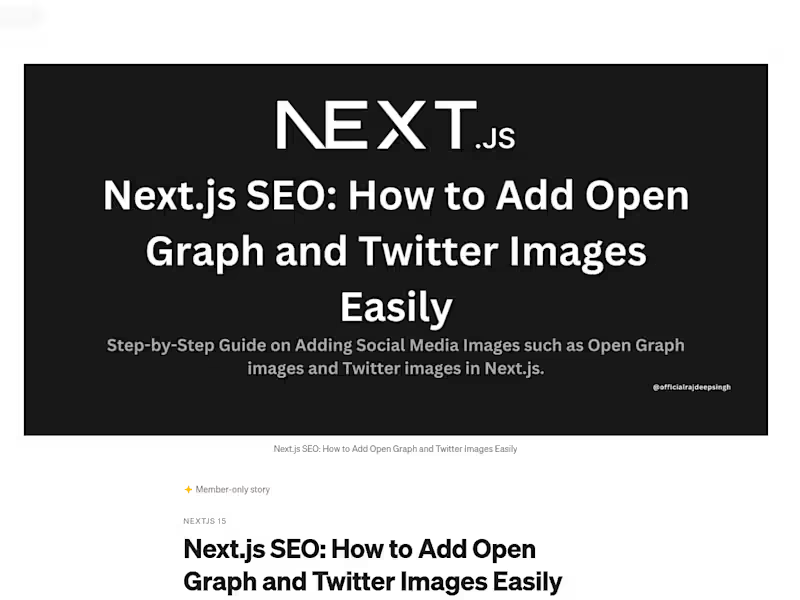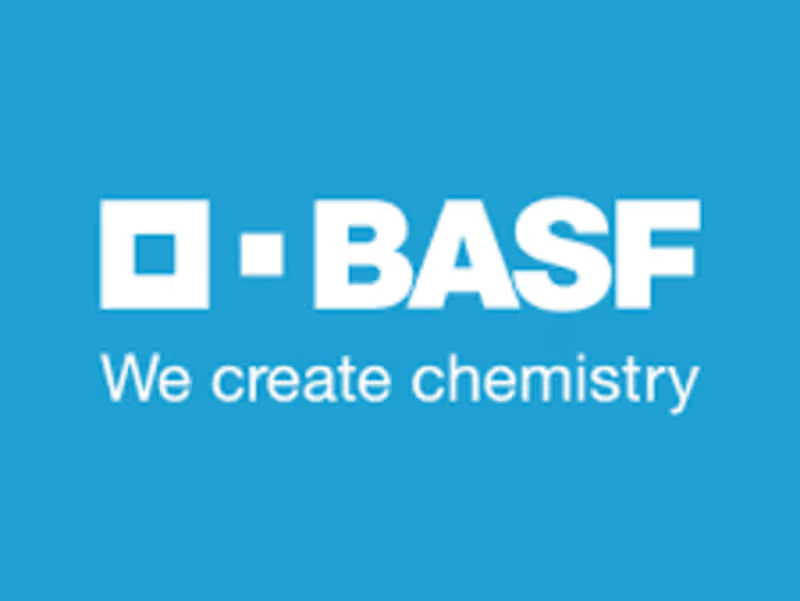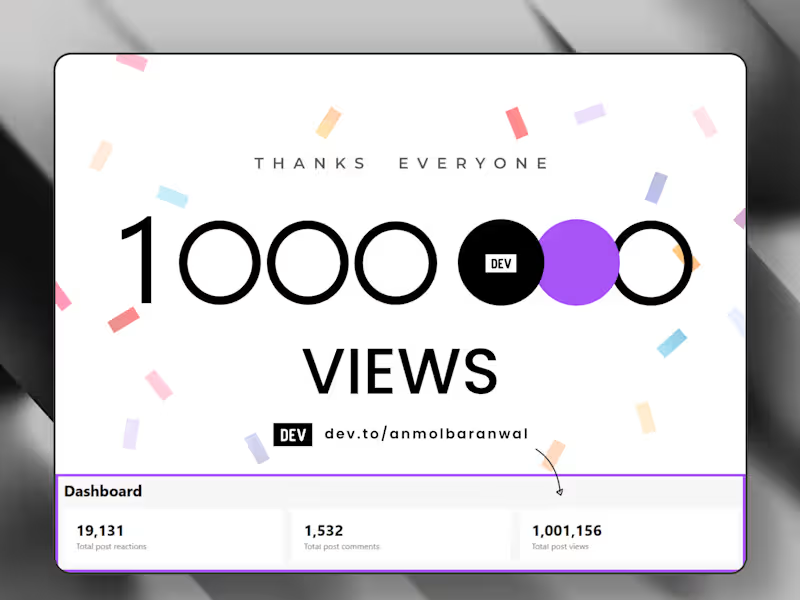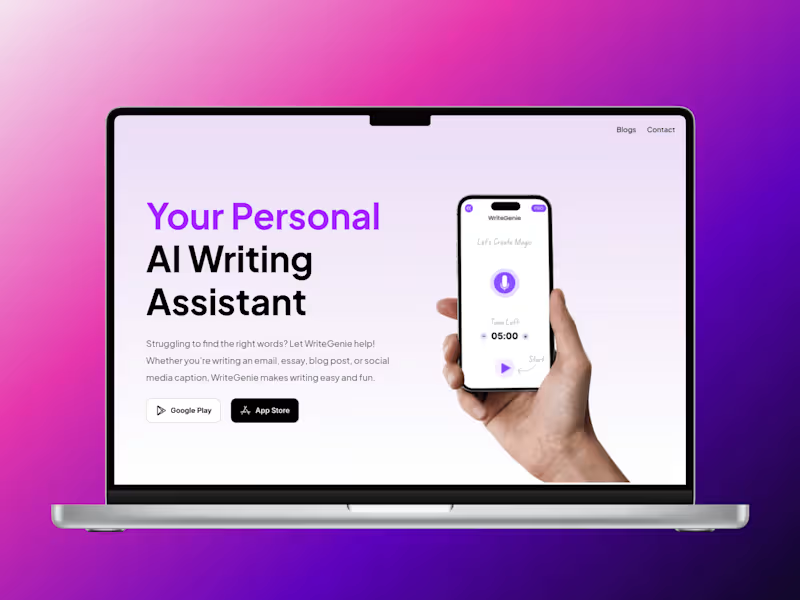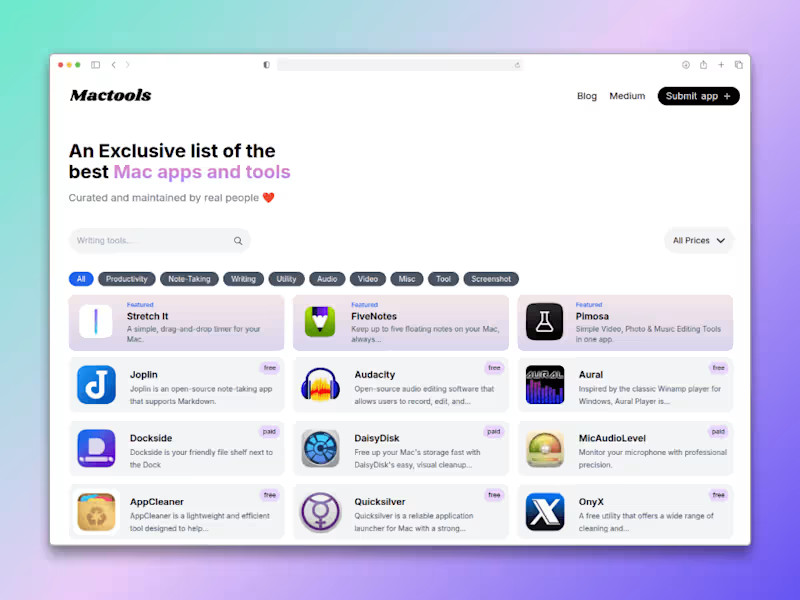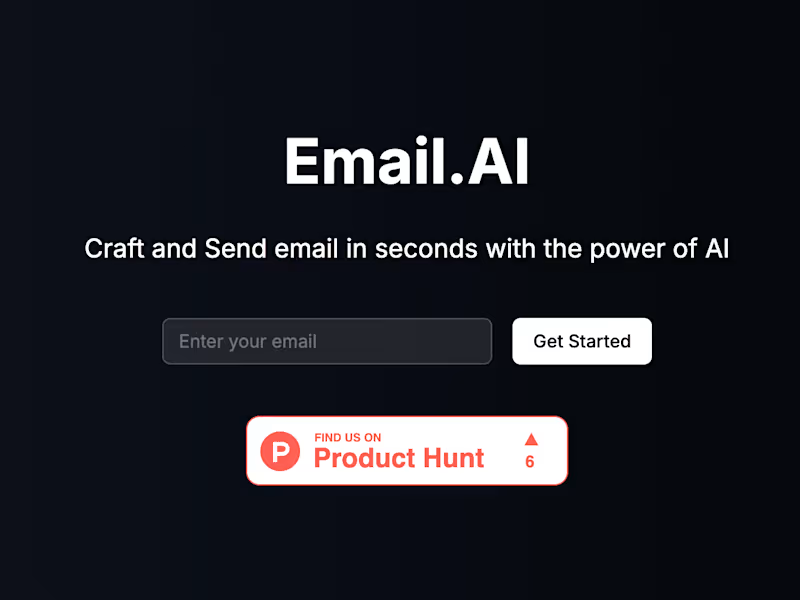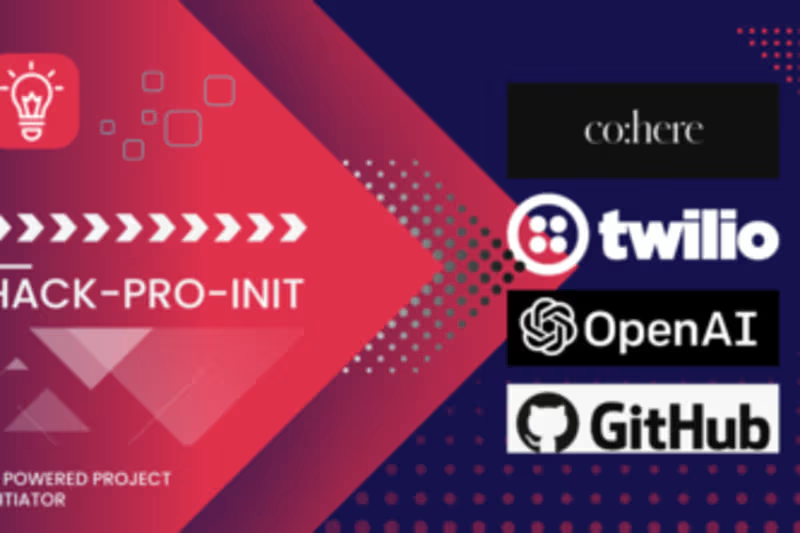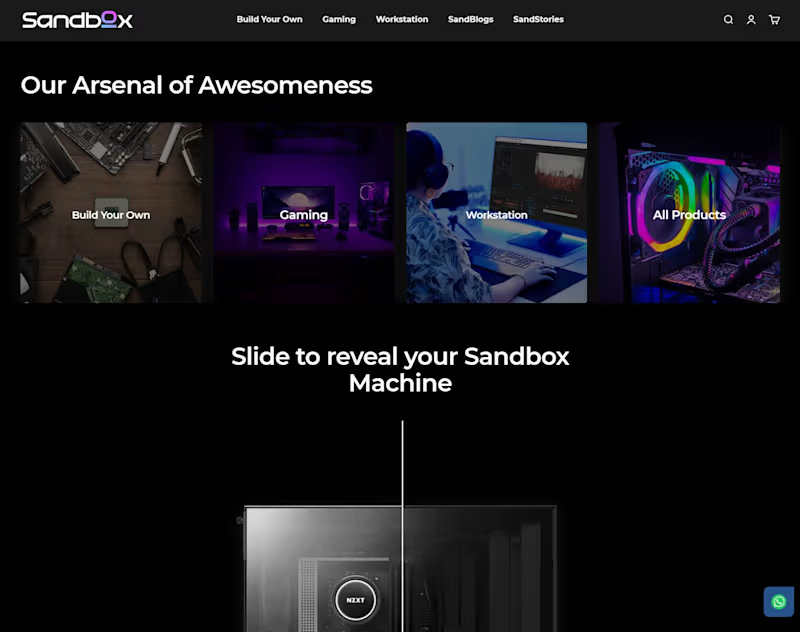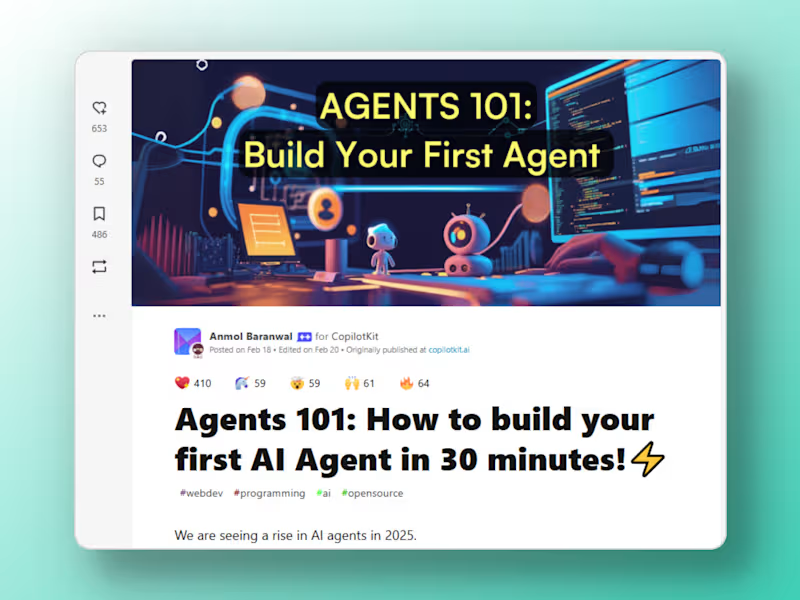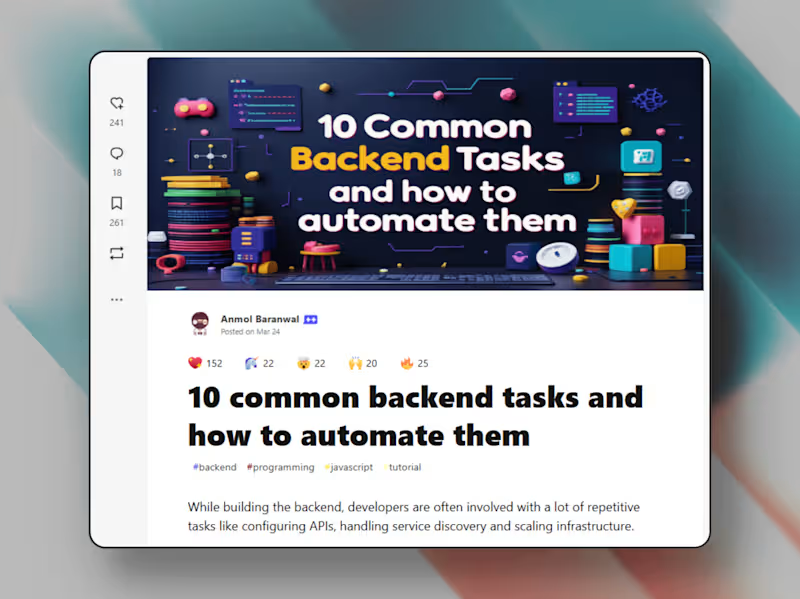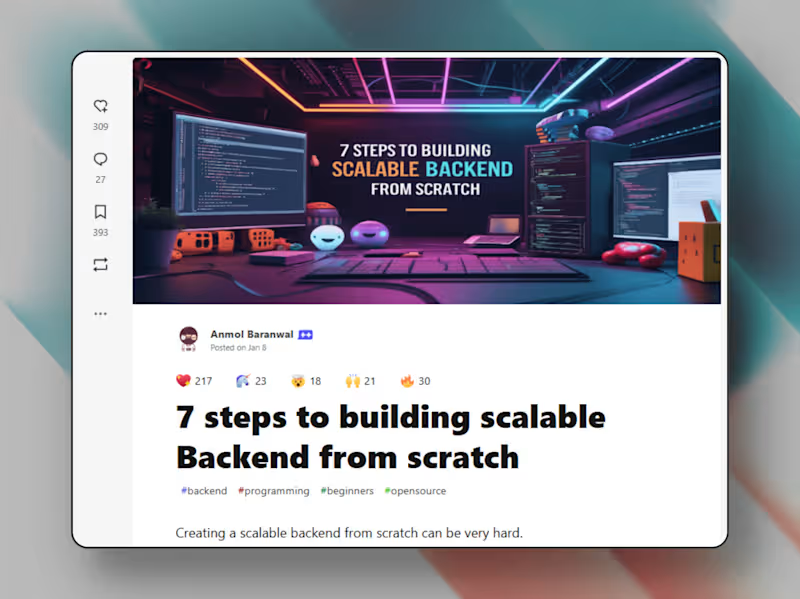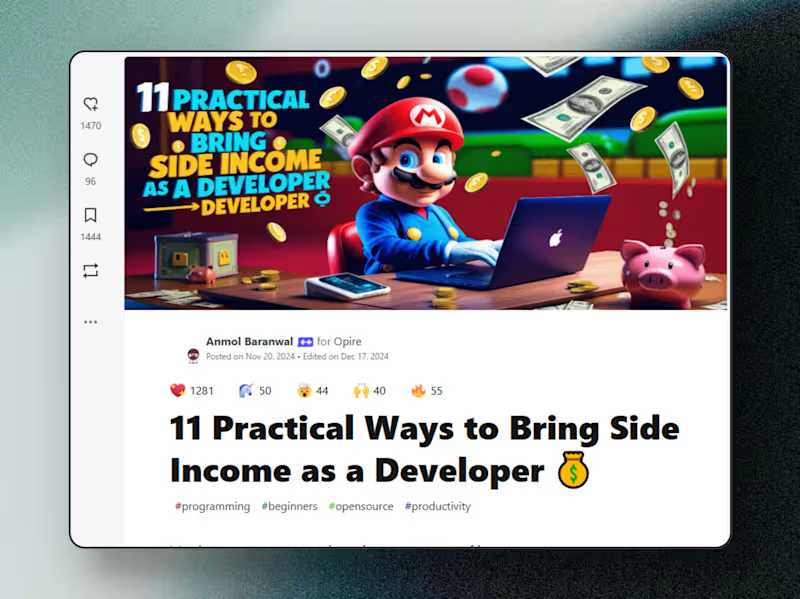What should I look for in a freelance technical writer's portfolio?
When you want to hire a freelance technical writer, their portfolio can tell you a lot. Look for samples that show they can explain things clearly and make technical topics easy to understand. Make sure their writing style matches what you need for your project. Check if they have experience with the type of content you need, like manuals or online help guides. A good portfolio means they can likely do the work well.
How do I know if a technical writer understands my industry?
Understanding your industry is important for a technical writer. Ask them about past projects in your field and the kinds of documents they’ve created. Check if they use the right industry terms and explain complex ideas simply. A technical writer who knows your industry well will make fewer mistakes. They’ll also produce content that fits your needs better.
What is the best way to set clear project goals with a technical writer?
Setting goals helps the technical writer do a good job. Start by talking about what you need the final documents to achieve. Discuss the important details like the audience and the project timeline. Agree on milestones so you can track the project’s progress together. Clear goals make it easier for the writer to deliver exactly what you want.
How can I make sure the technical writer uses the right voice and style?
The right voice and style make your documents unique and easy to understand. Share examples of writing you like with the technical writer. Work with them to create a style guide that includes tone, vocabulary, and formatting preferences. Reviewing drafts regularly can help you make sure the style stays on track. This helps keep the content consistent.
What should I include in a freelance technical writer's contract?
A contract helps everyone know what to expect. Include the project scope, deadline, and payment terms. Mention any special requirements like confidentiality agreements. A clear contract protects both you and the writer. It ensures everyone understands their role and responsibilities.
How do I agree on deliverables with a freelance technical writer?
Clear deliverables mean less confusion. Specify what documents the writer will produce and any formats or tools they need to use. Agree on drafts and revisions before the final version. Be detailed about everything you expect from the deliverables. This ensures quality work that meets your needs.
What is the best way to communicate with a technical writer during the project?
Good communication is key to a successful project. Use emails, video calls, or project management tools to keep in touch. Set regular check-ins to review progress and talk about any issues. Make sure both you and the writer know the best times and ways to communicate. This way, everyone stays updated and projects run smoother.
How do I get the technical writer started after hiring them?
Starting well sets a good pace for the project. First, provide all necessary information and access to tools or software. Set up a kickoff meeting to discuss goals, timelines, and expectations. Share any style guides, templates, or past documents they should follow. This helps the writer feel prepared and focused from day one.
What should I do if I need changes or adjustments during the project?
It’s normal to need changes along the way. Discuss how to handle changes from the start. Set clear guidelines for revisions and feedback. This includes the number of revisions allowed and timeframes for each. Being open and flexible helps ensure the final product meets your expectations.
Who is Contra for?
Contra is designed for both freelancers (referred to as "independents") and clients. Freelancers can showcase their work, connect with clients, and manage projects commission-free. Clients can discover and hire top freelance talent for their projects.
What is the vision of Contra?
Contra aims to revolutionize the world of work by providing an all-in-one platform that empowers freelancers and clients to connect and collaborate seamlessly, eliminating traditional barriers and commission fees.









































